Watch the surfers at Münchener Eisbach
Another surprising attraction in Munich’s English Garden are the surfers on the Eisbach Wave: a man-made standing wave in the Eisbach River.
The wave attracts surfers from around the world who come to ride it and it has become an iconic spot for river surfing within the surfing community.
Though only those with a lot of surfing experience should attempt to ride the wave, watching and taking snaps of the spectacle from the bridge or the riverbank can be pretty exhilarating too.
See some theatre in the English Garden
There’s nothing better than relaxing in Munich’s English Garden; the city’s green lung that’s even bigger than New York’s Central Park.
But not only is it the perfect place for a picnic or beer in one of its many Biergärten, the park also hosts a free theatre performance in July.
This year, Oscar Wilde’s The Importance of Being Earnest or Bunbury, will be played in the amphitheatre at the very northern end of the English Garden every Thursday, Friday, and Saturday in July.
Check out some free conceerts
For music lovers, the Theatron MusikSommer offers a free music programme at the Seebühne in Munich’s Olympic Park from July 27th to August 20th.
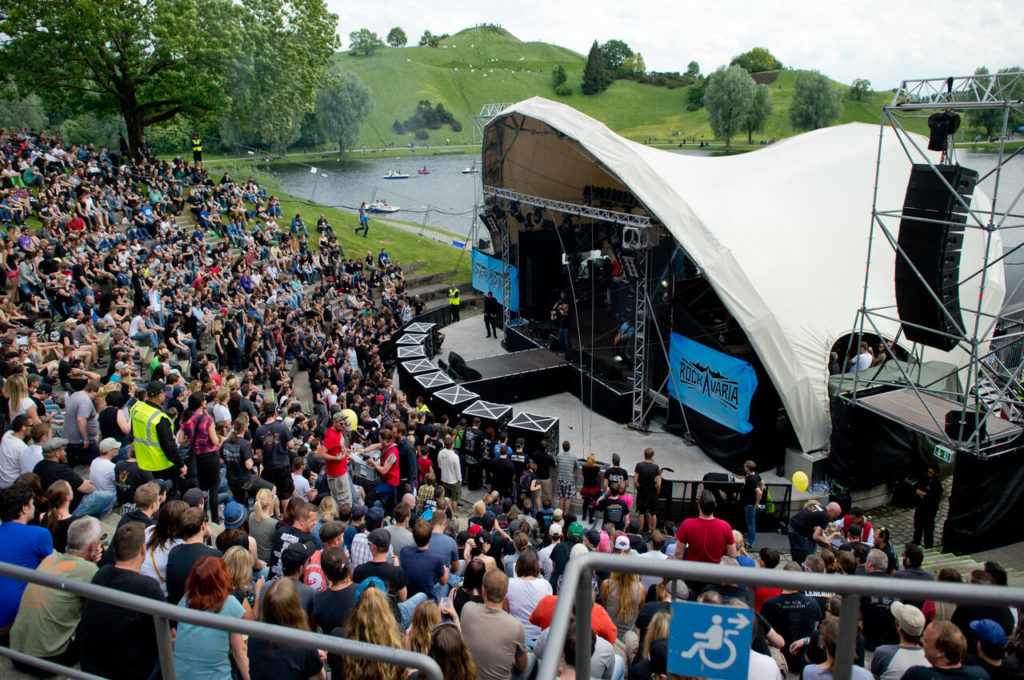
Attendees can expect a diverse lineup of musicians from different genres, along with screenings of short films. Concerts begin at 7 pm daily: the perfect time for an evening picnic. You can find out who will be playing at the Theatron festival website.
Rent a free cargo bike
If you enjoy moving around the city on two wheels and find yourself needing some extra room for transporting boxes of beer, camping equipment, or even children, then you can rent a cargo bike – or Lastenrad – for free on the Freie Lastenradl portal.
READ ALSO: 9 essential apps for foreigners living in Munich
The website has a searchable map which shows you where there are available bikes in the city; you just have to register, book the bike for the time that you need to use it and off you go!
Get fit in the park
Exercising in the fresh air is always a good idea and over the summer, you can do it for free. The city’s Fit im Park programme offers yoga, fitness, Zumba and Qi Gong at various open spaces in the city, including the Ostpark, Luitpoldpark, Westpark, Riemer Park, and Rosengarten. You can find the complete programme here.
Go for a refreshing dip
There’s no shortage of natural swimming areas in and around Munich that you can visit for free. Some of the most popular include the Flaucher: a spot for swimming and sunbathing on the Isar River with sandy riverbanks and shallow waters, Feringasee, in the northeast of Munich, which has a large sunbathing lawn, clear water, and even a small island.
READ ALSO: Nine of the best day trips from Munich with the €49 ticket
Langwieder See, in the west of Munich, is another picturesque lake with multiple swimming areas, sandy beaches, and water sports activities.
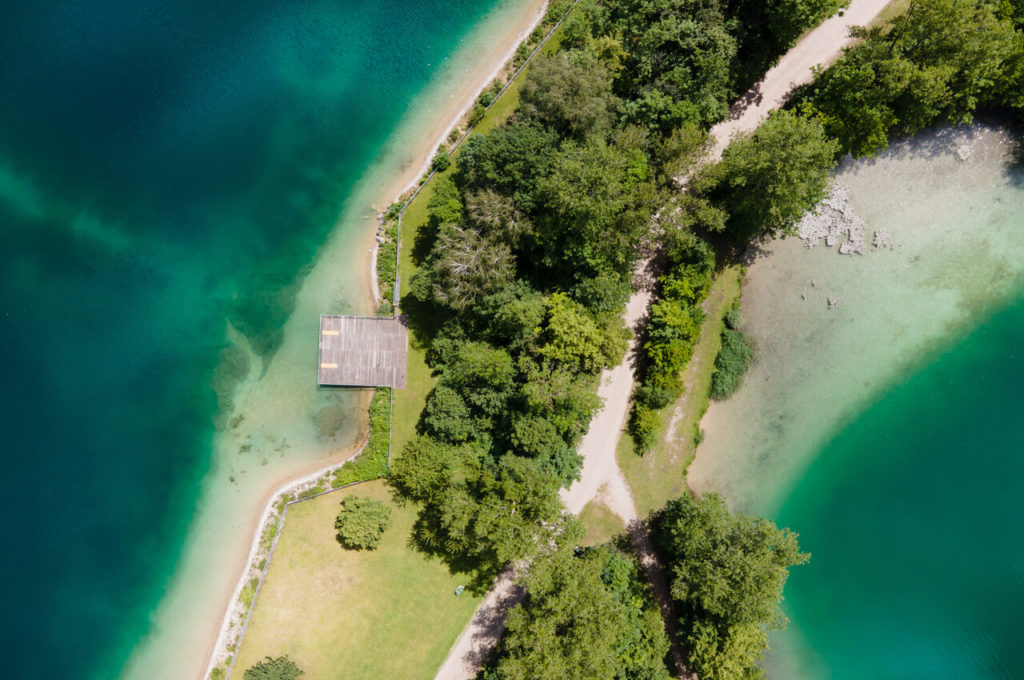
Take a walk in the forest
As well as having a number of scenic hiking routes, the Grünwalder Forst also offers a free guided tour every Sunday and on public holidays at 2 pm. For little ones, a visit to the forest adventure park is especially exciting, as they can catch a glimpse of deer, wild boars and many smaller critters up close.
Explore the Viktualienmarkt
This vibrant outdoor Viktualienmarkt offers a feast for the senses and for that, you don’t have to pay a penny. Wander through the stalls selling fresh produce, flowers, and local delicacies.
The market has a rich history dating back to the 19th century when it was established as a farmers’ market and, over time, it has expanded and evolved into a popular destination for locals and tourists alike.
The Viktualienmarkt not only provides a wide range of high-quality food products but also features beer gardens, cafes, and small shops selling unique items.
Watch the sunset
Watching the sun go down on a warm evening is one of the most priceless summer experiences and, in Munich, there are several great spots to do so.
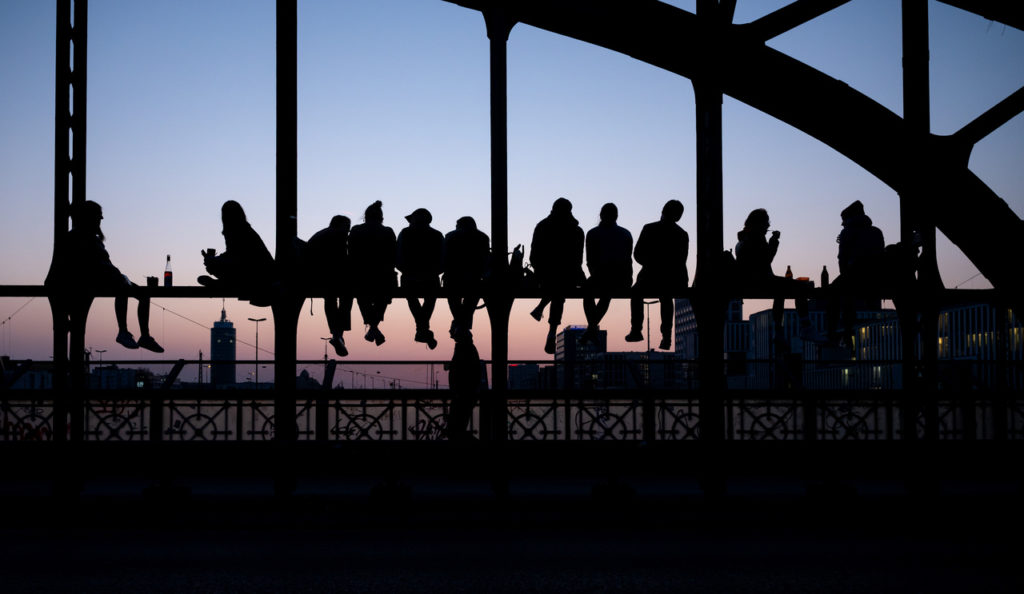
The Hackerbrücke is one, which offers an expansive view over the railway lines from the crossbeams of the arch bridge.
A particularly romantic spot is the 38-metre-high Friedensengel, which gives a view over the city nearby the Isar River.
Free Museums
On Sundays, many of Munich’s major cultural institutions lure in visitors with an admission fee of only one euro. But if you don’t want to have to open your wallet at all, there are plenty of free options too.
Entry is always free of charge at the Museum of Casts of Classical Sculptures, the Geological Museum, the Fire Brigade Museum, the Imperial Castle in the Alte Hof, the Town Hall Gallery, the Sammlung Goetz, as well as the exhibition spaces of the Artothek and the Kunstarkaden. You can get the full overview of free offers in the realm of art and culture from the calendar of Kulturraum München.

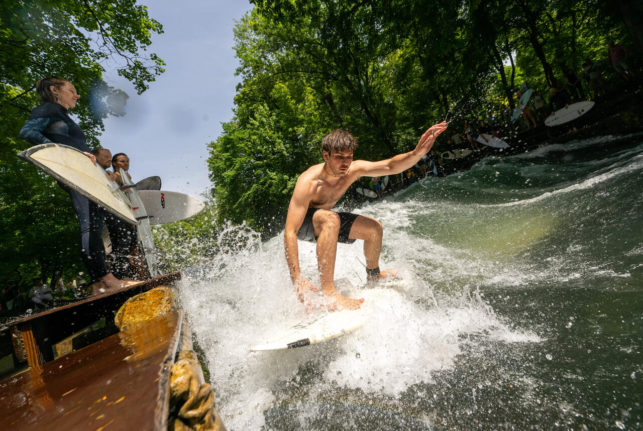
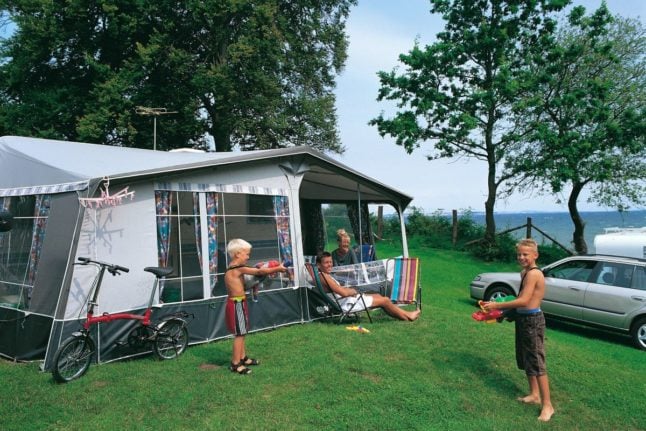
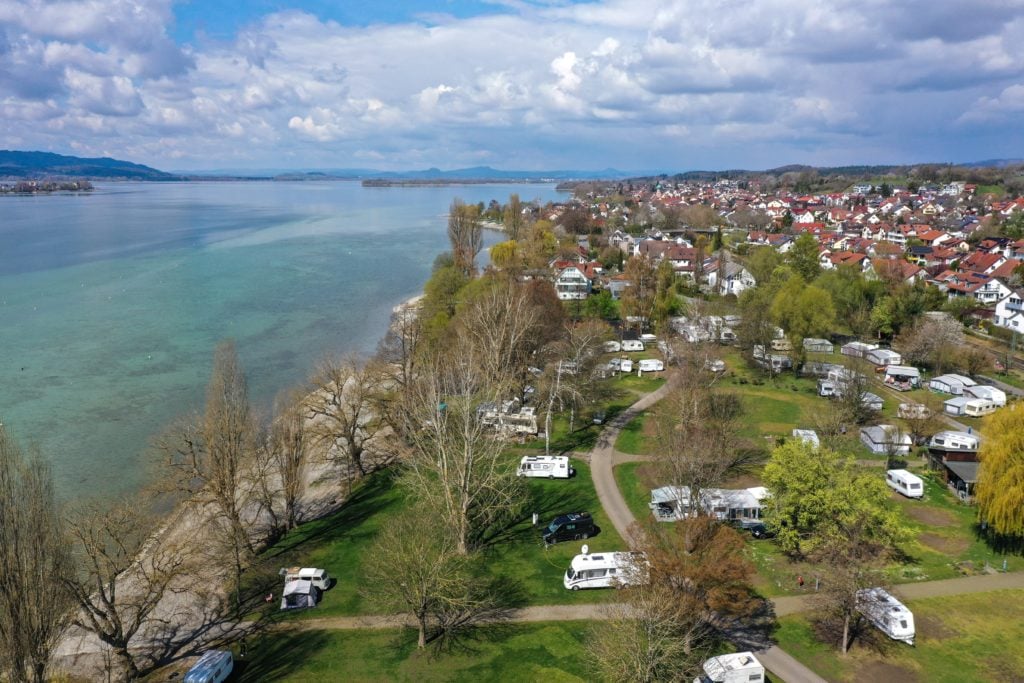
 Please whitelist us to continue reading.
Please whitelist us to continue reading.
Member comments